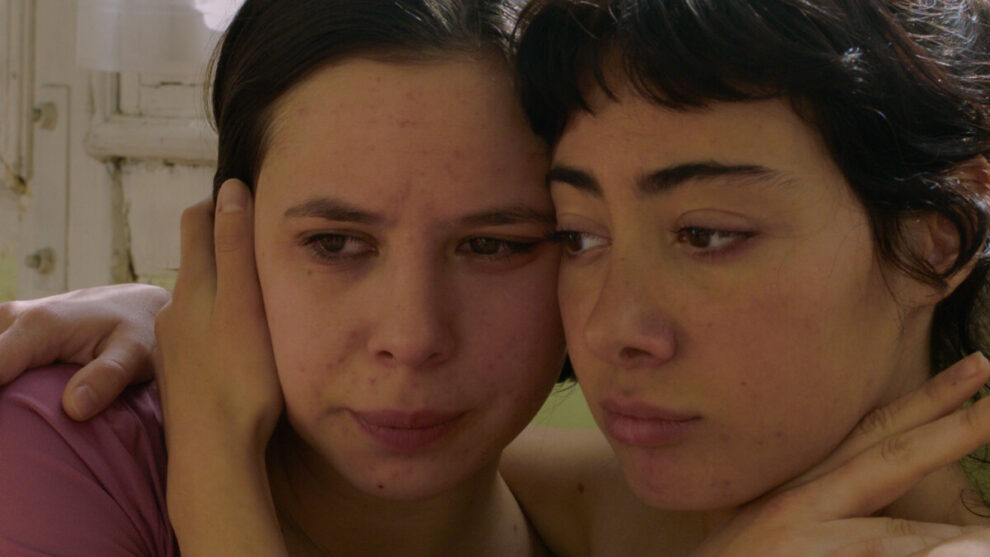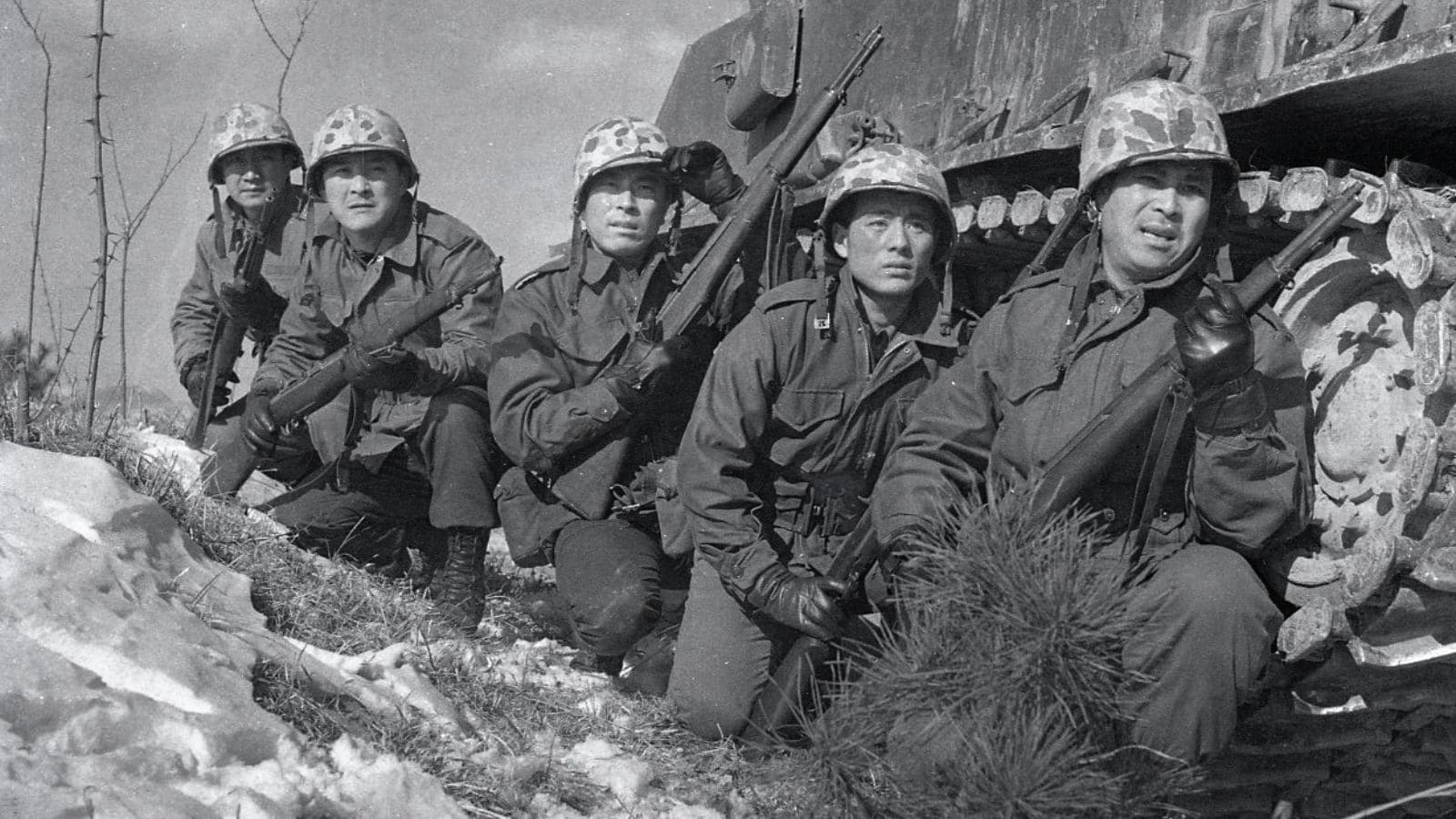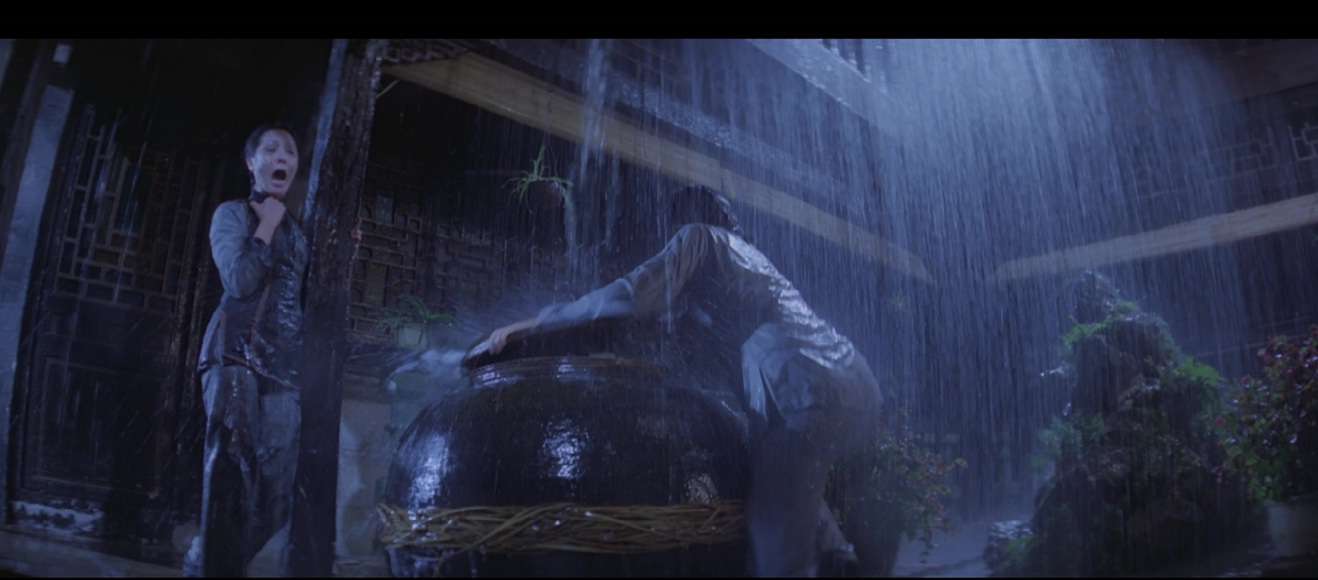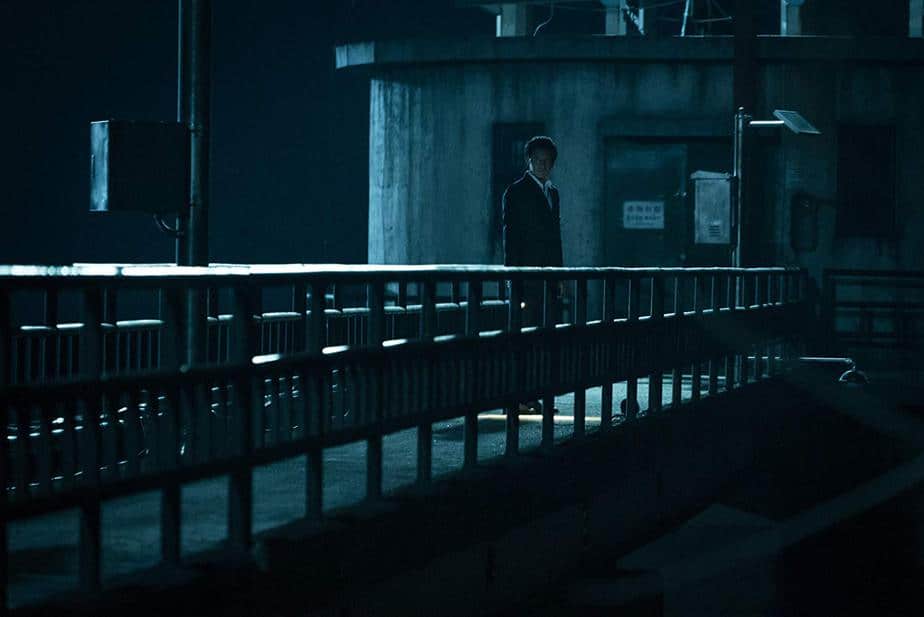That the youths of the era seem lost and are not sure at all where they will be going down the line, is a theme that has been repeatedly examined in indie cinema, particularly in countries like Japan and Korea. Ioseb “Soso” Bliadze presents a story along these lines, adding, though, an LGBT element that makes the movie more intriguing, at least with a first look.
A Room of My Own is screening at Osaka Asian Film Festival

Tina has just arrived in Tbilisi from the countryside, and has rented a room in the apartment where Megi lives. Their meeting is bumpy from the beginning, since Tina is only renting for one month, although the listing mentioned at least six, while she seems to have no money on her, as she waits for her boyfriend to come and give her some. This aspect also shows the radical difference of the two girls, as Tina is completely lost in life, has no job, is completely reliant on her boyfriend, and also seems to carry some “baggage”, which are revealed a bit later on. Megi on the other hand, is outgoing, has a lot of friends, likes to drink and smoke weed and in general, to party, while she is determined to escape Georgia and move to New York. The financial situation of both causes a lot of problems, but gradually, they start to come together, particularly after Tina opens up about her past and Megi is revealed to suffer from a medical condition.
In distinct art-house/indie fashion, Bliadze directs a film with very few events taking place, instead focusing on the portrait of two young women, who seem to symbolize a generation of youths in Georgia that just try to survive. In that fashion, Tina is in a slightly worse situation, due to the aforementioned baggage, but that does not mean that Megi, who is trying to raise money and get a visa to move to New York, has it much easier. The solution they both seem to find, as much as the people around them, is essentially to… party, with the drugs and alcohol soon becoming a part of everyday life.
Bliadze, however, does not implement this concept in a negative way, in order to criticize his protagonists, but simply as a part of life. At the same time, it is this concept that eventually leads to the girls coming closer together, both as friends and something more as time passes. Truth be told, this last element comes a little too late, and does not have particular impact in the way the story unfolds, perhaps only in showing how the girls find solace in one another and adding an element of sensualism in an otherwise “flat” movie.
This approach actually extends to all the significant scenes of the movie, with the funeral, the revelation, and the ending essentially being implemented here in a way that implies that Bliadze shot a movie around those, with the rest of the narrative providing a base. This, however, does not mean that the context is not rich, since the comments the director presents are many as they are interesting. The difficulties Megi has to get a visa, the age Tina had to get married and the way her marriage ended, the reactions of the people back in the village, and the way sex, drugs and alcohol become the only way out lead to quite pointed remarks here. The same applies to the ending, which can be interpreted as the impact of the cycle of life, and a testament to how their interactions changed Tina in particular, with this overall aspect emerging as the most interesting in the film.
Dimitri Dito Dekanosidze's cinematography follows the French style, with many close ups following the protagonists and particularly Tina in her “endeavors”, in a general approach that focuses on realism without any particular exaltations. Bliadze's own editing results in a relatively slow pace that suits the overall aesthetics nicely, again in the French art-house style.
The way the cinematography functions gives many opportunities to Taki Mumladze to shine, and she is quite convincing as Tina, in a measured performance that highlights her inner struggle and her introverted nature, while allowing the moments she acts out to stand out. At the same time, the insistence to portray her as a gorgeous woman, as per the lines of many of the characters in the movie, does feel a bit forced and excessive. Mariam Khundadze as Megi is quite convincing as the extrovert, almost always cheerful young woman, while the dancing scene definitely stands out for her, as much as her “childish” voice. The antithetical chemistry of the two also works quite well for the movie.
“A Room of My Own” makes a number of interesting comments in subtle and intriguing fashion, but in the end remains one of those French-like/European art house movies that are found in abundance throughout the circuit of the continent. Probably the main element that allows it to stand out are the performances of the two actresses, who rightfully shared the prize of Best Actress in Karlovy Vary.
















